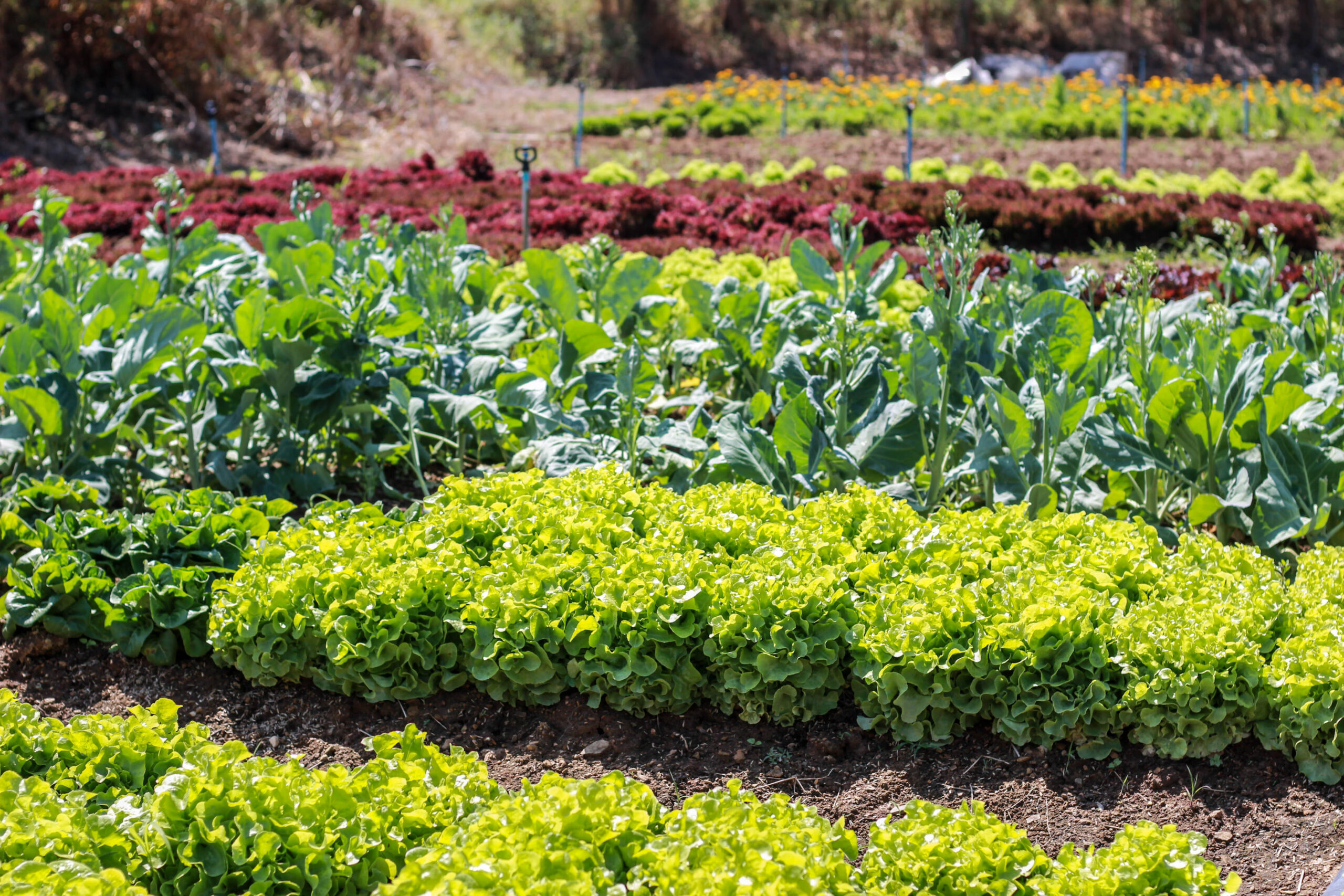Council on Hunger and Food Policy issues 2023 annual report

The Council on Hunger and Food Policy has issued its 2023 annual report. The Council, which was formalized in statute in 2023, was charged by Governor Hochul to outline ways to increase the use of healthy and locally grown foods in school meals, expand food access to underserved communities, and boost agricultural production and processing. The Council’s work supports the Department of Agriculture and Markets’ commitment to strengthening the resiliency of New York’s food supply chain and bring more New York foods to New York families in need.
New York State Department of Agriculture and Markets Commissioner Richard Ball said, “Combatting food insecurity and strengthening our food supply is at the forefront of our minds as we work to rebuild and reshape our post-pandemic world. The Council on Hunger and Food Policy has been instrumental in making crucial connections, developing new and innovative initiatives, and carving out a clear and progressive roadmap that will help us ensure all New Yorkers have access to nutritious, local food. The report issued today provides a thorough, thoughtful examination to increase food access across the State, while also supporting our agricultural community. I thank the farmers, food industry businesses, and other stakeholders who gave their valuable input and look forward to continuing our work together.”
The priorities of the Council include developing comprehensive, coordinated state food policies to ensure that all New Yorkers can eat a healthy diet and avoid food insecurity while consuming New York-grown and produced foods to support New York farmers and producers as much as possible. The report outlines recommended food policies to help increase the resiliency of New York’s agri-food value chain and economic vitality, including institutional purchasing of local agriculture, strengthening food assistance networks, and expanding food access. Additional actions that the Council recommends include:
•Incentivizing farmers to participate in institutional food procurement;
•Studying the comparative advantage of New York State food production;
•Increasing opportunities for state agencies to collaborate with stakeholders to increase applicants’ knowledge of available funding opportunities;
•Improving technology to facilitate streamlined access to nutrition programs, including by accelerating the development of the state’s integrated eligibility system;
•Collaborating with the New York State Department of Environmental Conservation and food scrap generators to increase the diversion of food recovery items and food scrap recycling;
•Creating an interactive webpage to connect food pantries to farmers and processors in their area to increase direct purchase opportunities; and
•Encouraging cross-collaboration between state agencies and partners to develop outreach campaigns that promote federal nutrition programs.
The Council is committed to increasing the use of healthy and locally grown foods in school meals. With these priorities, the Council was critical during the establishment of the State’s 30% New York State Initiative, which is intended to provide healthy New York sourced food products to children as part of their lunch meal in school. The initiative increases the reimbursement schools receive for lunches from 5.9 cents per meal to 25 cents per meal for any district that purchases at least 30 percent ingredients for their school lunch program from New York farms.
The 30% NYS Initiative builds on New York’s successful Farm-to-School program, which connects schools with local farms and food producers to strengthen local agriculture, improve student health, and promote regional food systems awareness. Through the program, the Department provides financial, technical, and promotional assistance to schools, farms, distributors, and other supporting organizations to bring more local, nutritious, seasonally-varied meals to New York students.
The Council’s work further aligns with and supports many additional State programs focused on alleviating food insecurity. This includes the Nourish New York program, the Farmers’ Market Nutrition Program, and the newly modified FreshConnect Fresh2You Initiative, which was announced by Governor Hochul in spring 2023. The program partners with the Office of Temporary and Disability Assistance and the Department of Veterans’ Services to double the buying power for Supplemental Nutrition Assistance Program recipients and Veterans and their families at participating farmers’ markets.
Also complimenting the work of the Council, the Department of Agriculture and Markets has been working to implement investments in the 2023-2024 Enacted State Budget aimed at boosting demand for New York agricultural products, bolstering New York’s food supply chain, and helping school districts procure and purchase farm products. This included raising the discretionary threshold for food purchasing for schools to $150,000, a significant increase from the previous threshold, providing $50 million over five years to local school districts to support scratch cooking facilities that will facilitate the use of fresh New York State farm products in meal preparation for K-12 school children, and signing an Executive Order directing State agencies to increase the percentage of food sourced from New York farmers and producers to 30 percent of their total purchases within five years. The budget also included $2 million in funding for community garden programming to enhance access to fresh produce in under served areas of the state, as well as a $10 million Food Access Expansion Grant program. The Department announced a Request for Interest last October to help shape the program based on industry needs.
To read the Council’s full report, visit: https://www.agriculture.ny.gov/council-hunger-and-food-policy-2023-report
Provided information




